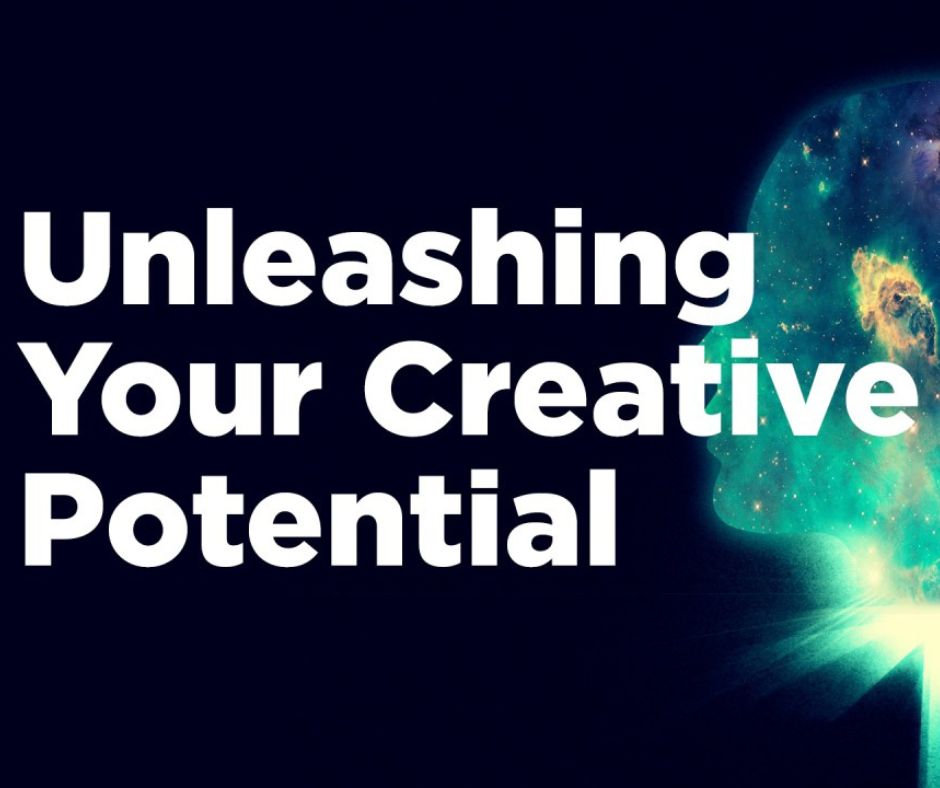
Creativity is not a mystical gift bestowed upon a fortunate few; it's a skill that can be nurtured and developed by anyone willing to invest time and effort. In a world where innovation and fresh thinking are highly valued, cultivating creativity is not just a personal pursuit but a valuable asset in both personal and professional realms. In this blog post, we will delve into various techniques and practices to help you unlock and nurture your creative abilities.
Before diving into the techniques, let's first grasp what creativity truly means. Creativity is the ability to generate novel ideas, solutions, or expressions that are both original and valuable. It involves breaking free from conventional thinking and exploring uncharted territories of thought. Here's how you can cultivate creativity effectively:
Curiosity is the cornerstone of creativity. It's the innate desire to explore, learn, and question the world around us. Cultivating curiosity involves:
a. Asking Questions: Challenge yourself to ask questions about the world, your work, or any subject of interest. Curiosity often begins with a simple "why" or "what if."
b. Diverse Interests: Develop a wide range of interests and hobbies. Exposing yourself to different domains can provide fresh perspectives and inspire creative connections.
c. Continuous Learning: Never stop learning. Explore new subjects, read widely, and engage in lifelong education.
Mindfulness practices can help calm the mind and create a fertile ground for creative thinking:
a. Meditation: Regular meditation can improve focus and clarity, reducing mental clutter that often hinders creativity.
b. Mindful Observations: Pay close attention to your surroundings. Observe details, colors, shapes, and patterns. This mindfulness can spark new ideas.
c. Journaling: Keep a journal to jot down thoughts, ideas, and observations. Writing can help you connect the dots and discover creative insights.
Divergent thinking is the ability to generate multiple solutions or ideas for a single problem or challenge. To nurture this skill:
a. Brainstorming: Practice brainstorming sessions, either alone or with others. Encourage the generation of as many ideas as possible, without judgment.
b. Mind Mapping: Create mind maps to visually organize your thoughts and explore associations between ideas.
c. Reverse Thinking: Flip problems or assumptions on their heads. Ask yourself, "What if the opposite were true?" This can lead to unconventional solutions.
Creativity often involves taking risks and facing setbacks. Building resilience can help you bounce back from failures:
a. Embrace Failure: View failures as learning opportunities. Every setback brings valuable lessons that can fuel future creativity.
b. Perseverance: Keep pushing forward, even when faced with challenges. Many breakthroughs occur after periods of persistent effort.
c. Feedback: Seek feedback from others to gain new perspectives and refine your ideas.
Your physical and mental environment can significantly impact your creative abilities:
a. Inspiring Spaces: Create a workspace that inspires you. Surround yourself with colors, artwork, or objects that stimulate your imagination.
b. Quiet Time: Find moments of solitude and silence. Quiet reflection can lead to profound creative insights.
c. Collaboration: Collaborate with diverse groups of people. Different viewpoints and experiences can spark innovative ideas.
Set yourself creative challenges to stretch your creative muscles:
a. Daily Creativity Exercises: Dedicate a portion of your day to a creative exercise. It could be drawing, writing, or any form of artistic expression.
b. Constraints: Limit yourself intentionally, such as writing a poem with only 50 words or creating art using only one color. Constraints can fuel creativity.
c. Competitions: Participate in creative competitions or challenges, whether in your workplace or online communities.
Studying the work of creative minds you admire can provide valuable insights:
a. Study Masters: Analyze the work of renowned artists, writers, scientists, or innovators. Understand their processes and techniques.
b. Combine Influences: Combine elements from different sources of inspiration to create something new. This synthesis is at the heart of creativity.
c. Iterate and Refine: Don't be afraid to iterate on your ideas. Rarely does creativity emerge fully formed; it often requires refinement.
Cultivating creativity is a lifelong journey that requires dedication and practice. By embracing curiosity, mindfulness, divergent thinking, resilience, and the right environment, you can nurture your creative abilities and unlock new levels of innovation in your personal and professional life. Remember that creativity is not a fixed trait but a dynamic skill that can be developed and honed over time. So, embark on this creative journey, explore uncharted territories of thought, and watch as your creativity blooms, enriching your life and the world around you.
